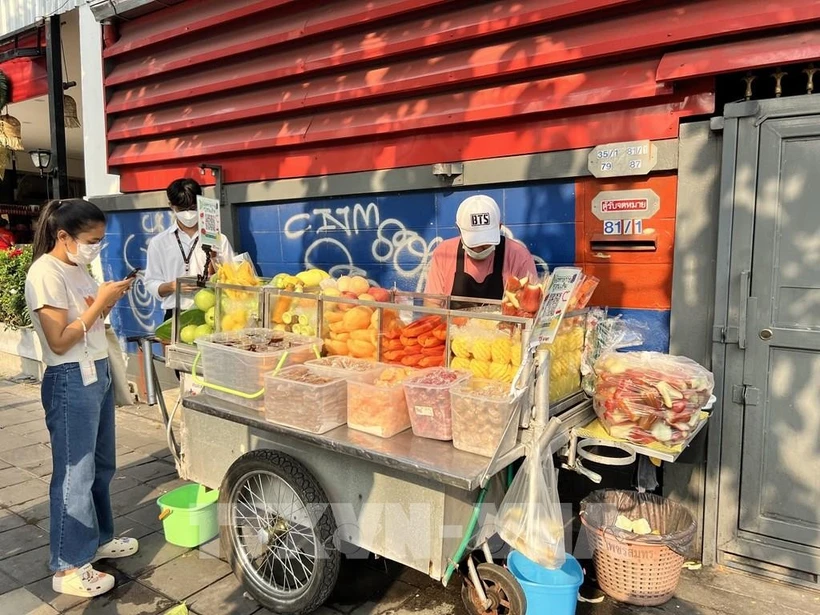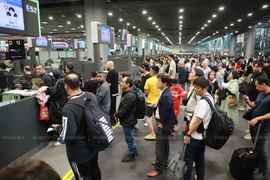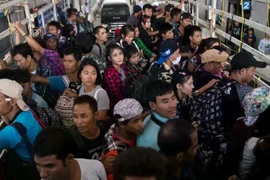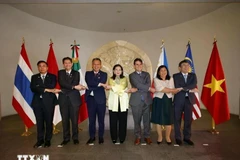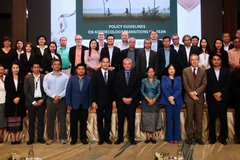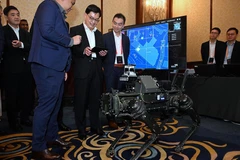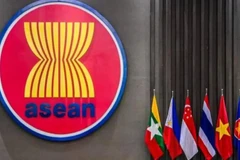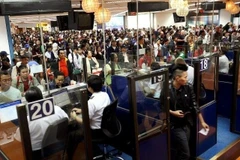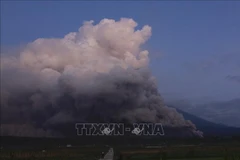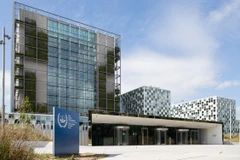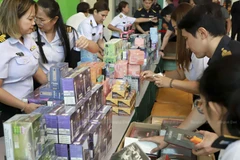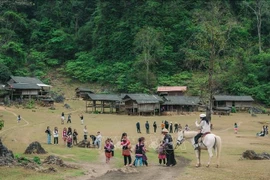Bangkok (VNA) – Thai Deputy Prime Minister and Finance Minister Pichai Chunhavajira on March 18 said that a new asset management company (AMC) may be established in collaboration with banks to purchase people’s debts.
Speaking to reporters before attending the weekly Cabinet meeting at Government House, Pichai said he will meet with the Thai Bankers’ Association to discuss ways to address the household debt burden, which is seen as a key factor hampering economic growth.
Pichai explained that commercial banks typically manage non-performing loans (NPLs) through debt restructuring. However, over time, banks may find it unfeasible to continue restructuring these loans.
In such cases, a joint effort to establish an AMC would be a more viable solution, he said.
He added that the AMC should be formed in cooperation with banks holding the NPLs, and private firms might also be interested in participating.
However, he noted that the government's role in supporting such an AMC had yet to be determined.
He emphasised that it is still just an idea, and requires further discussion. In any case, the operation may be conducted outside the banking system, he said.
But it was unclear whether the AMC will require government funding, he said, adding the AMC might cover both NPLs and performing loans, including home and car loans.
A survey that Chulalongkorn University published in January found that Thailand's household debt, including informal loans, reached 104% of the country’s Gross Domestic Product (GDP) in the fourth quarter of 2024.
Meanwhile, official figures released by the Bank of Thailand show that household debt accounts for about 90% of the country's GDP./.
